Advanced Aromatherapy: Nature's Elixirs and Recipes
Unlock the Power of Scent for Mind, Body, and Spirit
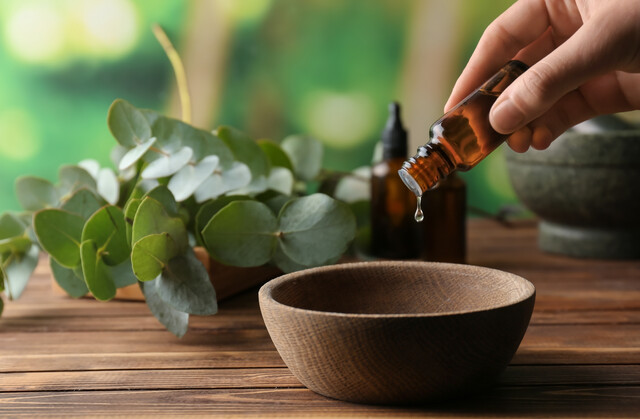
4 Hours average completion time
0.4 CEUs
12 Lessons
13 Exams & Assignments
74 Discussions
12 Videos
17 Reference Files
104 Articles
Mobile Friendly
Last Updated February 2026
Step into a world where nature whispers its secrets, where every scent tells a story, and where ancient wisdom meets modern wellness. Aromatherapy isn't just about fragrance; it's a way of life-a pathway to harmony, healing, and holistic well-being. Whether you're seeking balance in your own life or dreaming of sharing this gift with others, this course is your invitation to rediscover the power of nature's most precious gift: essential oils.
For centuries, humanity has turned to the natural world for comfort, healing, and vitality. The delicate essence of blossoms, the grounding aroma of roots, the calming touch of lavender-all these treasures hold the power to soothe the mind, energize the body, and uplift the spirit. Yet, in today's fast-paced world, these timeless remedies often go unnoticed. This course brings them back to the forefront, empowering you to reclaim the wisdom of aromatherapy and integrate it into your life with confidence and purpose.
From the very first moment you join us, you'll be immersed in a journey that goes beyond the ordinary. This is not just a course; it's a call to reconnect with nature's rhythms, to understand the subtle interplay between body and mind, and to awaken your senses to the transformative potential of aromatherapy. Together, we'll explore the ancient art and modern science behind essential oils, blending tradition with innovation to help you unlock their full potential.
Imagine creating personalized blends to calm stress, energize your mornings, or transform your home into a sanctuary of serenity. Picture yourself understanding the subtle chemistry behind these oils, confidently using them to support your health, elevate your mood, and enhance every aspect of your daily routine. This course will teach you not just the "how," but the "why," grounding your practice in deep knowledge and practical skills.
What sets this course apart is its holistic approach. You won't just learn to use essential oils; you'll gain a profound understanding of how they interact with the body, mind, and emotions. You'll discover safe practices, innovative applications, and the unique joy of creating blends tailored to your needs. And for those seeking to extend the benefits of aromatherapy to loved ones, pets, or even your professional life, this course equips you with the tools to do so thoughtfully and effectively.
By the end of this journey, you won't just know about aromatherapy-you'll live it. You'll carry with you not just knowledge, but a transformative skill set to enhance your life and the lives of those around you. Don't wait to experience the harmony and vitality that only nature can provide. Join us today, and let's breathe in the magic together.
- Understand aromatherapy's scientific foundations
- Confidence in using natural remedies
- Apply aromatherapy in pet care
- Integrate aromatherapy in daily life
- Blend tradition with innovation in aromatherapy
- Develop personalized essential oil blends
- Enhance emotional and physical wellness
- Master safe essential oil usage
- Create therapeutic environments
- Holistic self-care strategies
-
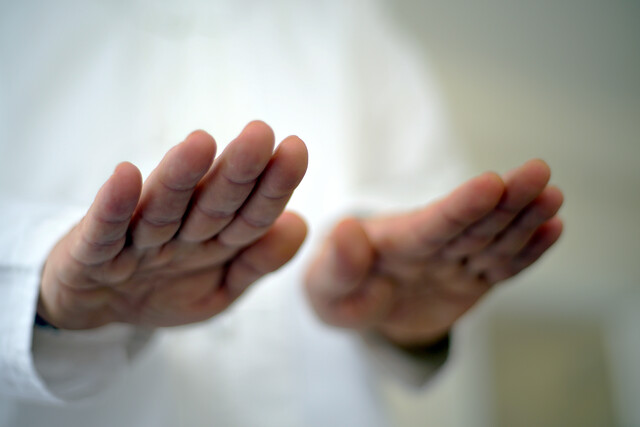
Reiki Level 4
-

Reiki Level 5
-

How to Run an Effective Help Desk
-
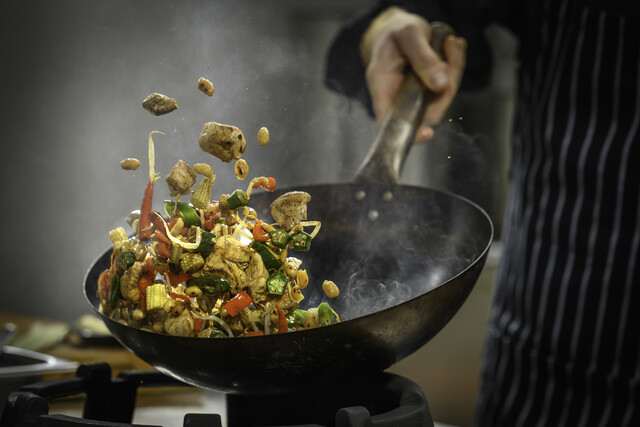
Cooking Class Bundle: 5 Cooking Courses
-

Physics 101: Beginner to Intermediate Concepts
-

ESL Grammar Skills Level 1
-

Report Writing 101
-
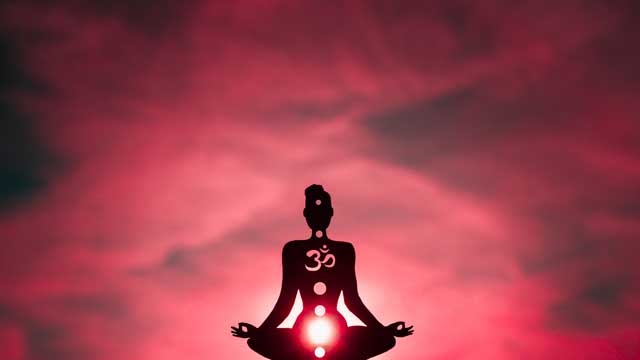
Chakras Level 2
-

Reiki Ultimate 5 Course Bundle: Reiki Levels 1-5
-

Microsoft Excel Level 2
-
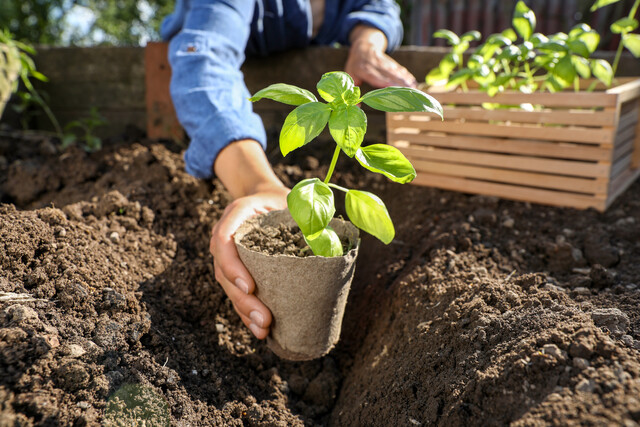
Introduction to Gardening
-
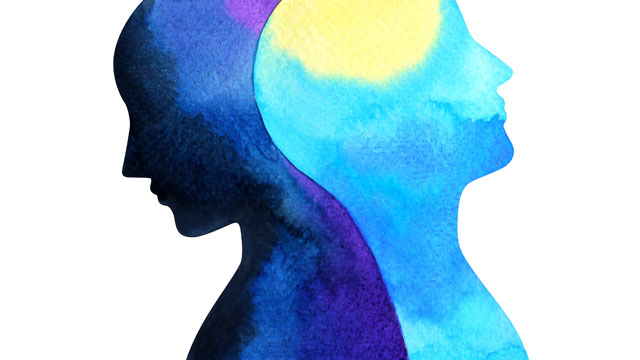
Reiki Level 2
-
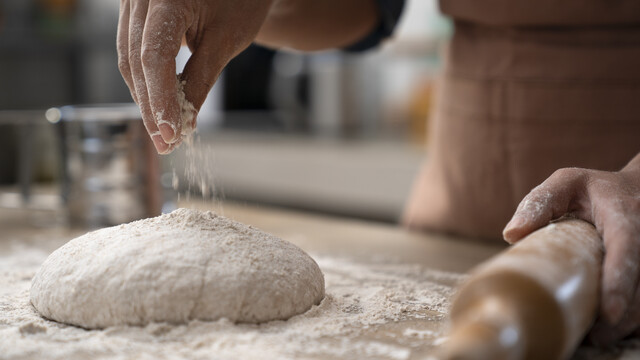
Beyond the Crust: The Heart and Soul of Bread Baking
-

Spiritual Counseling
-
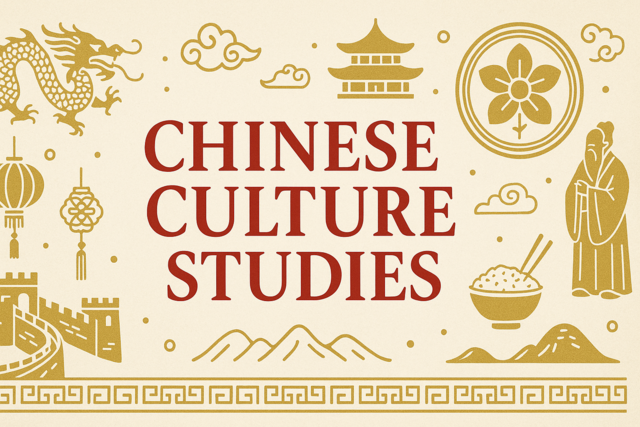
Chinese Culture Studies
-

Computer Literacy Level 3 - Living and Working Online
-
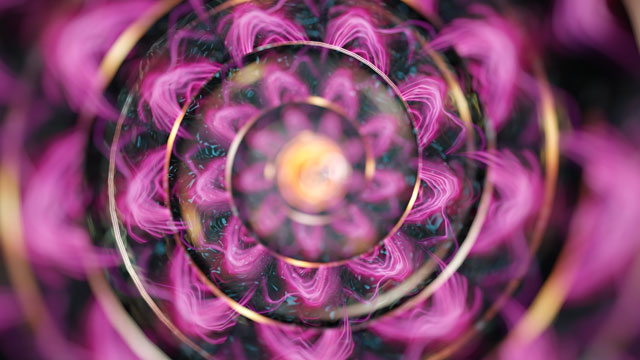
Reiki Level 3
-

Digital Wedding Photography 101
-
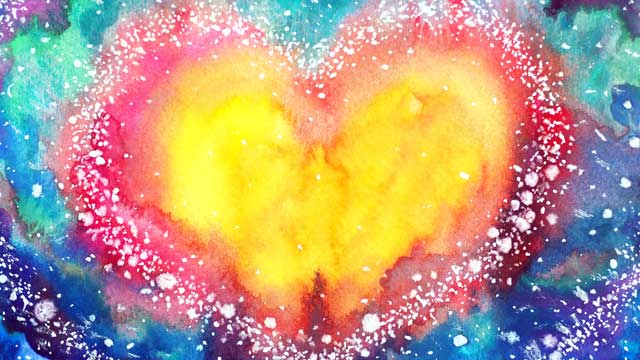
Chakras Level 1
-
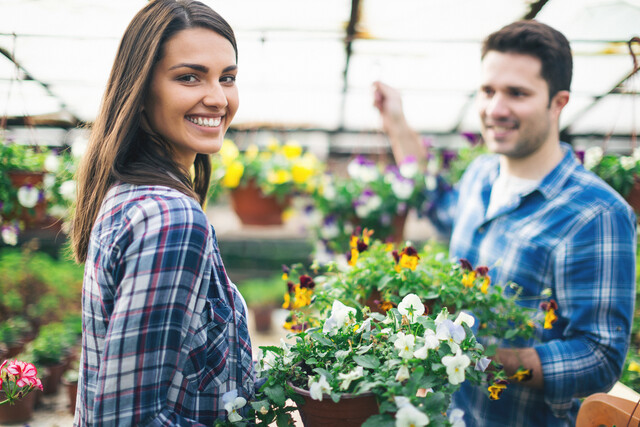
Landscaping 101
-

Business Credit 101
-
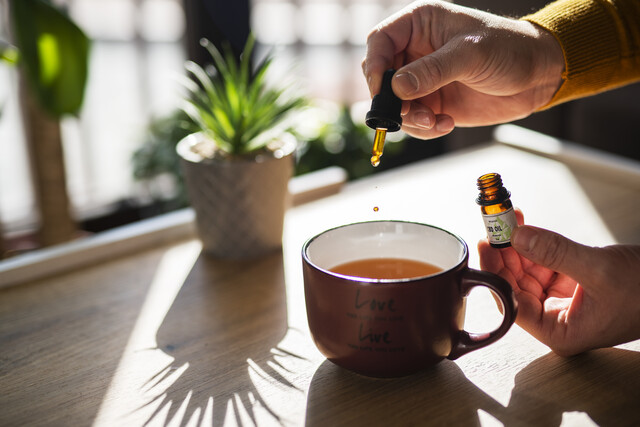
Homeopathy 101
-

Conflict Resolution
-

Advanced Aromatherapy: Nature's Elixirs and Recipes
-
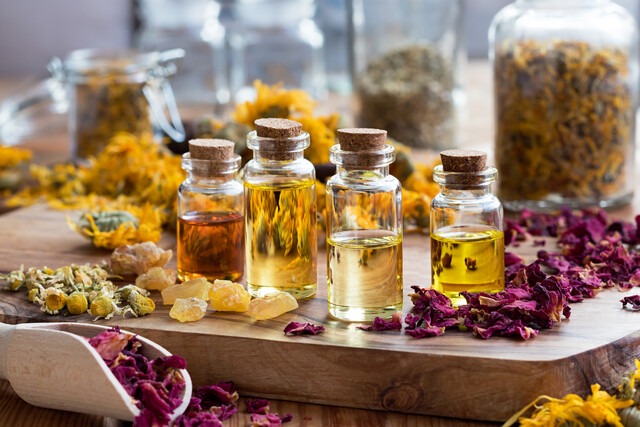
Aromatherapy 101